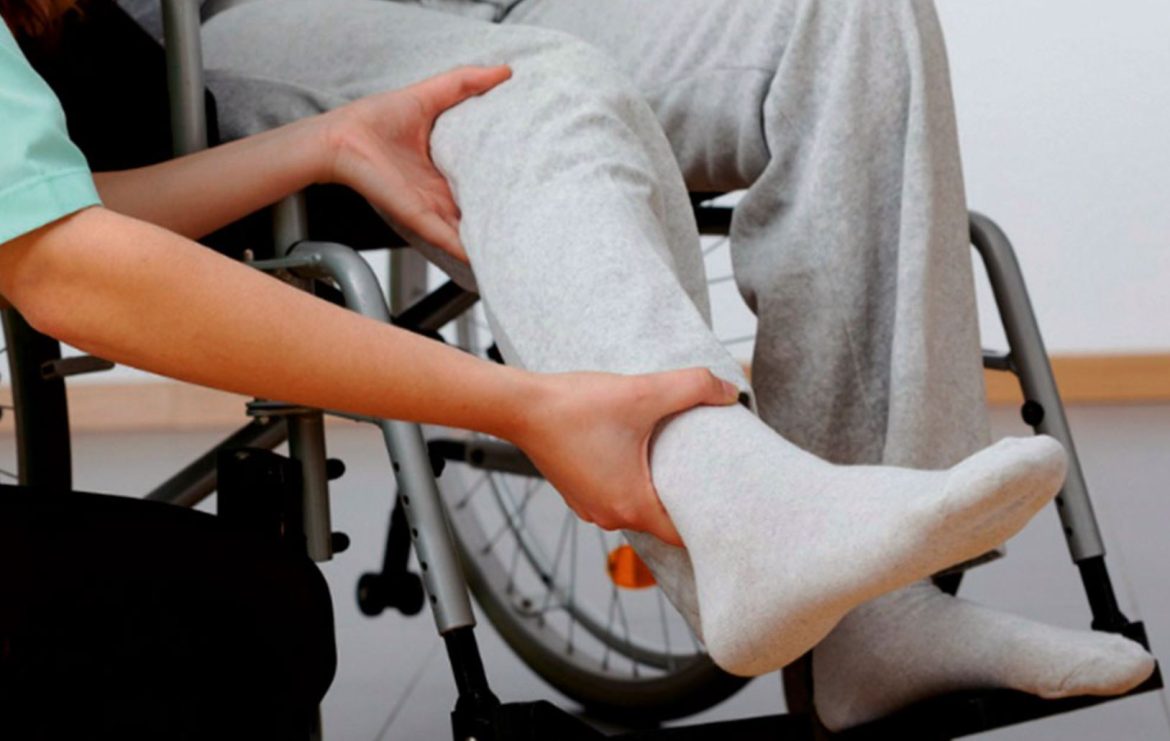China has made significant progress in the field of Brain-Computer Interface (BCI) technology, which allows direct communication between the human brain and computer devices, aiding in the treatment of many challenging medical conditions, including stroke.
In January of last year, a team from Shuanwo Hospital at the Capital Medical University and Tsinghua University in Beijing successfully implanted a wireless BCI device into the skull of a man suffering from paralysis, greatly helping him regain his motor skills.
BCI technology holds promise in the medical field, with potential applications in treating stroke, epilepsy, depression, and even restoring some vision to the blind.
This innovation integrates multiple disciplines such as biomedical engineering and artificial intelligence.
China places significant emphasis on the development of BCI technology, launching programs to promote its advancement and achieve clinical applications within 3-5 years.
Moreover, many Chinese universities launched several collaborative efforts and innovative projects.
Examples of China’s progress in this field include the development of the “Xinqiong” series of artificial neural robots at Tianjin University, used in patient rehabilitation. China has also made breakthroughs in innovating key software and algorithms in this area.













